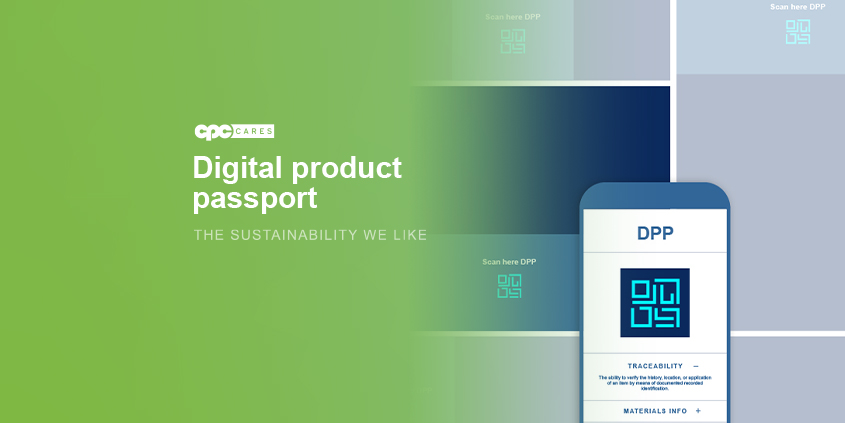
Still being finalised, the Digital Product Passport will make it possible to trace the life cycle of manufacturing products and make more sustainable choices.
That the environment is an issue that needs to be tackled together is now clear to everyone. Companies, citizens, and institutions are increasingly engaged in trying to reduce their impact, containing emissions and favouring the circular economy.
In this direction, the European Parliament has included the Digital Product Passport (DPP) in the strategic documents relating to the implementation of the European Green Deal and the Circular Economy Action Plan of the European Union. A real passport that will trace the product throughout its production and distribution chain, from extraction to production and disposal.
The information it will have to contain has not yet been defined, but from a first draft the Commission will work on
- product durability and reliability
- possibility of reuse, recycling and repair
- presence of potentially toxic substances
- energy efficiency
- carbon and environmental footprint
- estimation of waste materials
The Digital Product Passport will thus become a very important tool for sustainability, designed to enable companies and consumers to make greener and more sustainable choices and investments, based on the open and global product data standards already adopted by companies.